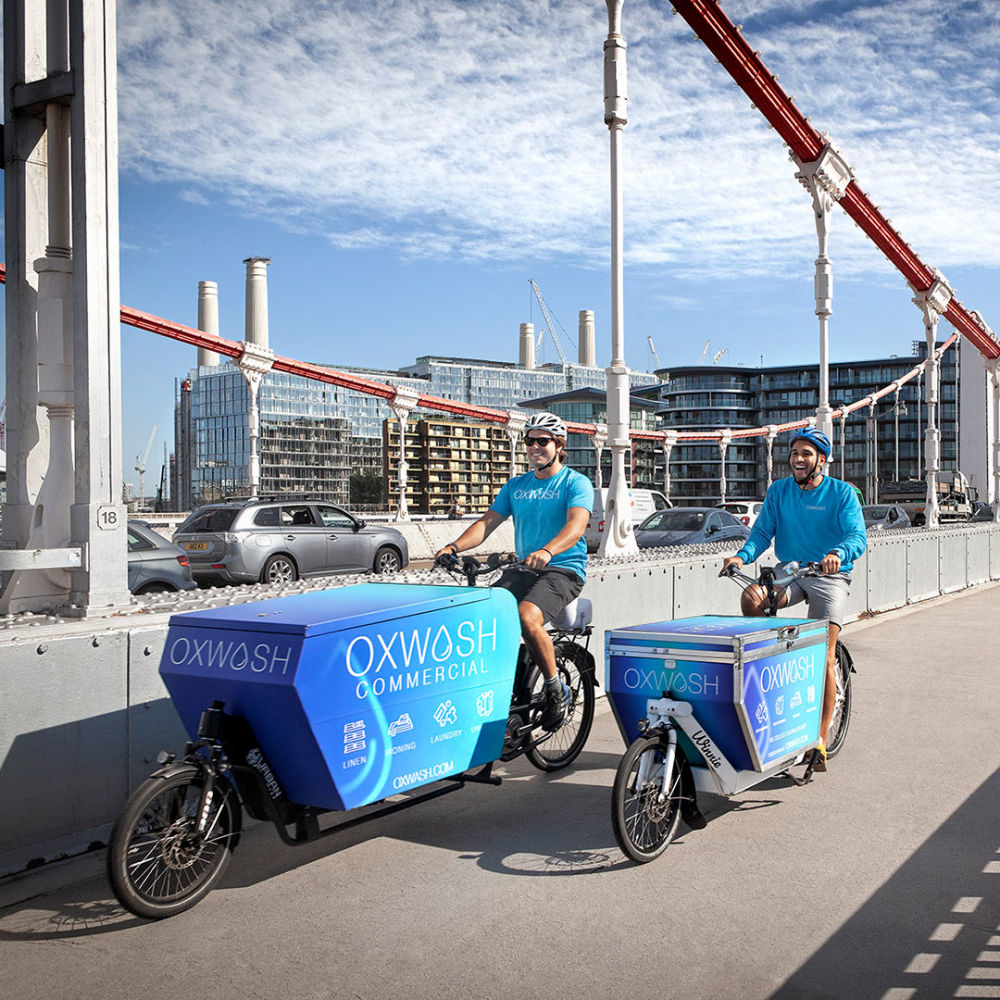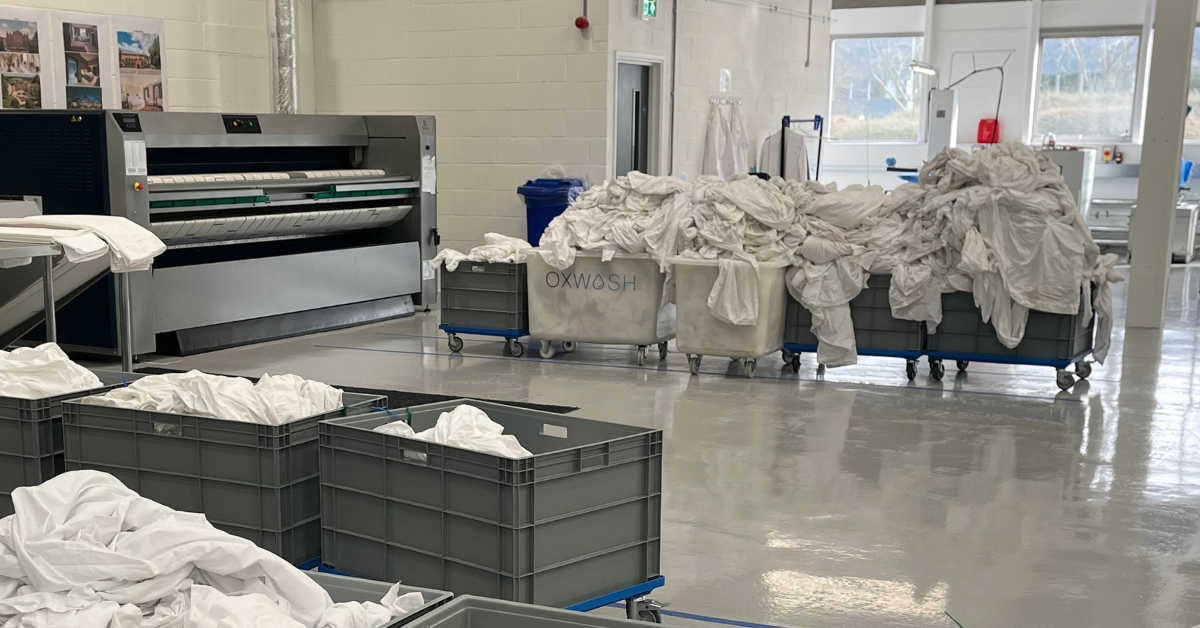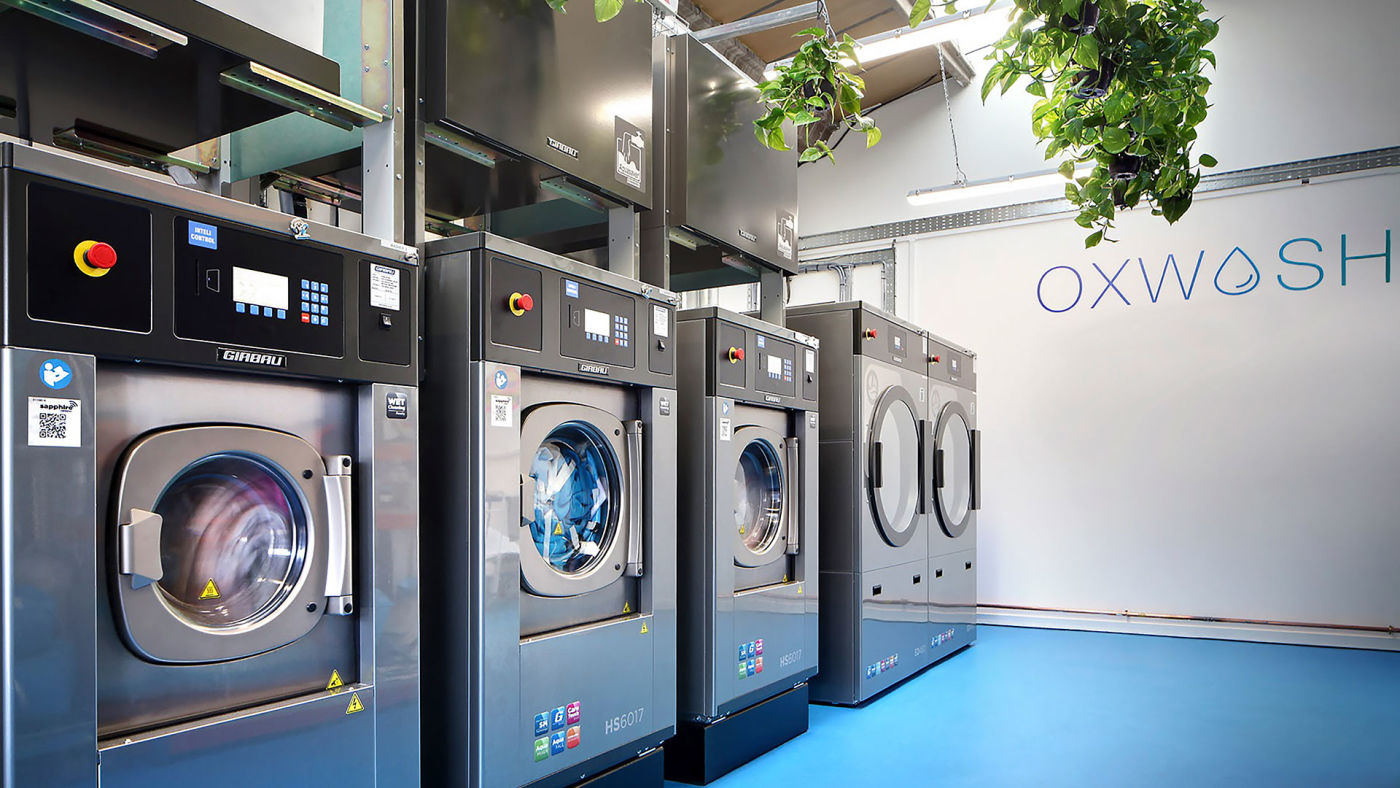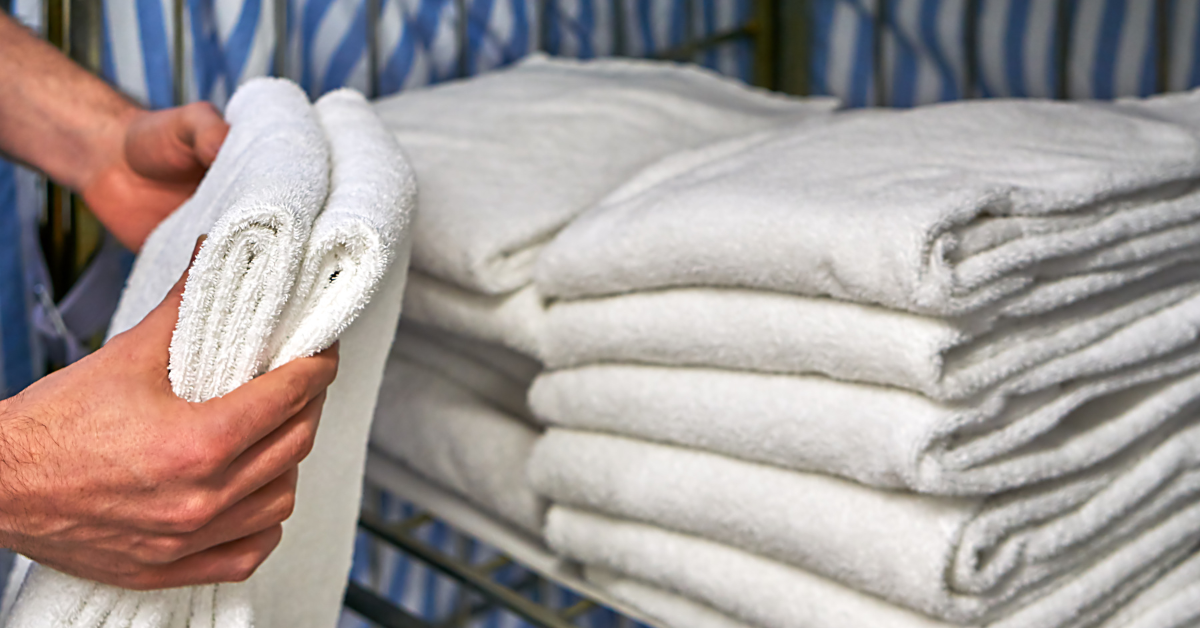Our sustainability report is now live and free to download!
How the UK Can Fight Against Plastic Pollution in the Ocean
How the UK Can Fight Against Plastic Pollution in the Ocean
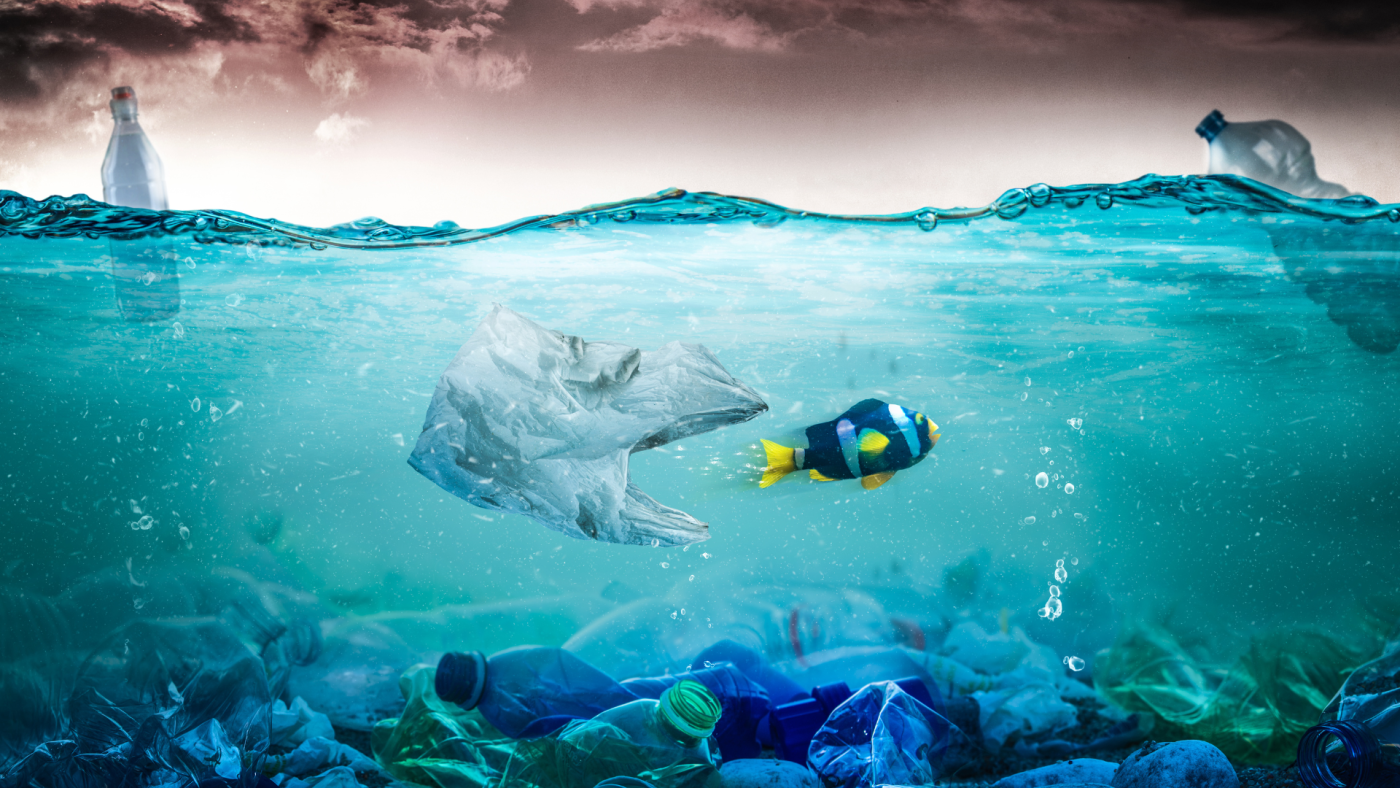

Sustainability
You may have seen the articles that microplastics have been found in people's lungs for the first time or that plastic pollution has reached the Arctic, there is even a plastic waste island floating in the Pacific Ocean which now measures 1.6 million km2. Some of these plastics can take over 400 years to break down. News like this shows the importance of doing what we can to prevent this issue from continuing or even getting worse.
Although big company and government change are both required to make a significant difference, we can all start lowering our own plastic consumption and doing our part in order to encourage wider change. If every one of us no longer bought single use plastics the demand would decrease and they would have to stop selling the product or offer an alternatives. Subsequently, if we want to save the oceans from plastic pollution, the time is now for each and every one of us to take action.
Tips for reducing your plastic consumption
If you’re not sure where to start or what you can actually do to reduce your plastic consumption here are our top seven tips below:
Avoid single-use plastics such as drinking straws
Switching away from buying plastics altogether may not actually be the answer to preventing plastic pollution. If we never bought anything made of plastic again the plastic products that have previously been recycled would be left in landfills some of which can take up to 400 years to break down. Buying products made from recycled plastic is a great alternative, this way the plastics don't end up in landfill or in our oceans but instead get repurposed. Anything made from natural materials such as wood, paper or cork and even aluminium or glass are also great options as they can naturally biodegrade or be infinitely recycled.
However, we should steer away from buying single-use plastics, such as water bottles and cutlery made from plastic, although they may make our lives easier, it seriously harms the planet. There are also great alternatives which will help you save money in the long term too, its a win-win! If you like filtered water instead buy a water filter jug and a reusable water bottle to take with you when travelling. You can buy travel-friendly reusable cutlery and straws too.
Remember to take a bag for life for your weekly shop
Most of us visit the supermarket once a week if not more often to stock up for the week. Sometimes you may forget to bring your bag if you go for a spontaneous shop. However, if you typically pop to the supermarket every Sunday for example it's easy to prepare ahead. If instead of buying a plastic bag at the checkout every time we instead use reusable bags (cloth, string or wicker) the health of our planet will improve. You can leave them in the car for your next shop or try and get into the habit of grabbing your phone, keys and reusable bag. There are great options out there since supermarkets started charging for buying a plastic shopping bag. We would recommend opting for something made from recycled plastic or natural materials.
Buy more bulk food and fewer packaged products
Disposable containers are inundating supermarkets (polystyrene trays, PET bottles, tetra paks, plastic containers, etc.). Did you know there is an alternative? More and more shops are offering the possibility to buy in bulk without all the unnecessary plastic packaging. You might have a refill or zero waste shop nearby which are great for filling up your staples such as pasta, rice, oats and more! Just type your town and zero waste shop or bulk refills into google to find your nearest one. Even buying plastic products in bulk is better than multiple smaller ones.
Replace sandwich bags for reusable alternatives
If you eat at work, a single use sandwich bag may be part of your day. We suggest you change your routine and opt for an eco-friendly alternative since there are so many available now! Beeswax wraps are great or if you're vegan you can opt for soy wax wraps. You could even get a reusable cotton sandwich bag. Or silicone bags such as stasher or sasstainable. Maybe you buy lunch out which is often in hard to recycle packaging, instead opt for something home cooked and bring a lunch container to store it in.
Recycle chewing gum it's also make of plastic!
Most chewing gum currently on the market contains plastic. Try to buy less chewing gum and throw it in the correct recycling container. If you don’t fancy chewing on plastic you can also buy chewing gum which is plastic free such as Chewsy or Nuud.
Pay attention and put your plastic waste in the correct recycling container
Our lifestyle sometimes prevents us from paying attention to details. Therefore, when it comes to recycling plastic it can end up in the wrong container. Before throwing your waste away, think where each item has to go, check the back or bottom of the item to ensure it gets disposed of the right way or if it can be recycled at all.
Choose to reuse and give some of the packaging a new purpose
If you have no choice but to buy a plastic bottle or a plastic container at the supermarket, reuse it instead of throwing it away. For example, water bottles can be filled up as many times as you like and takeaway boxes can be washed and reused to store other food.
Use a microfibre filter
There is a high likelihood that your clothes contain plastics. Recycled or not these microplastics can enter your waterways when you wash your clothes. The best way to prevent this is by investing in a microplastic filter bag such as Guppy Friend. Here are 7 more ways to reduce microfibre pollution. You can make this a lifestyle change and choose companies just like us that put sustainability at the forefront of everything we do from our bags made from recycled plastic, to our recyclable cardboard roller or using bikes and electric vans for delivery.
Related Articles
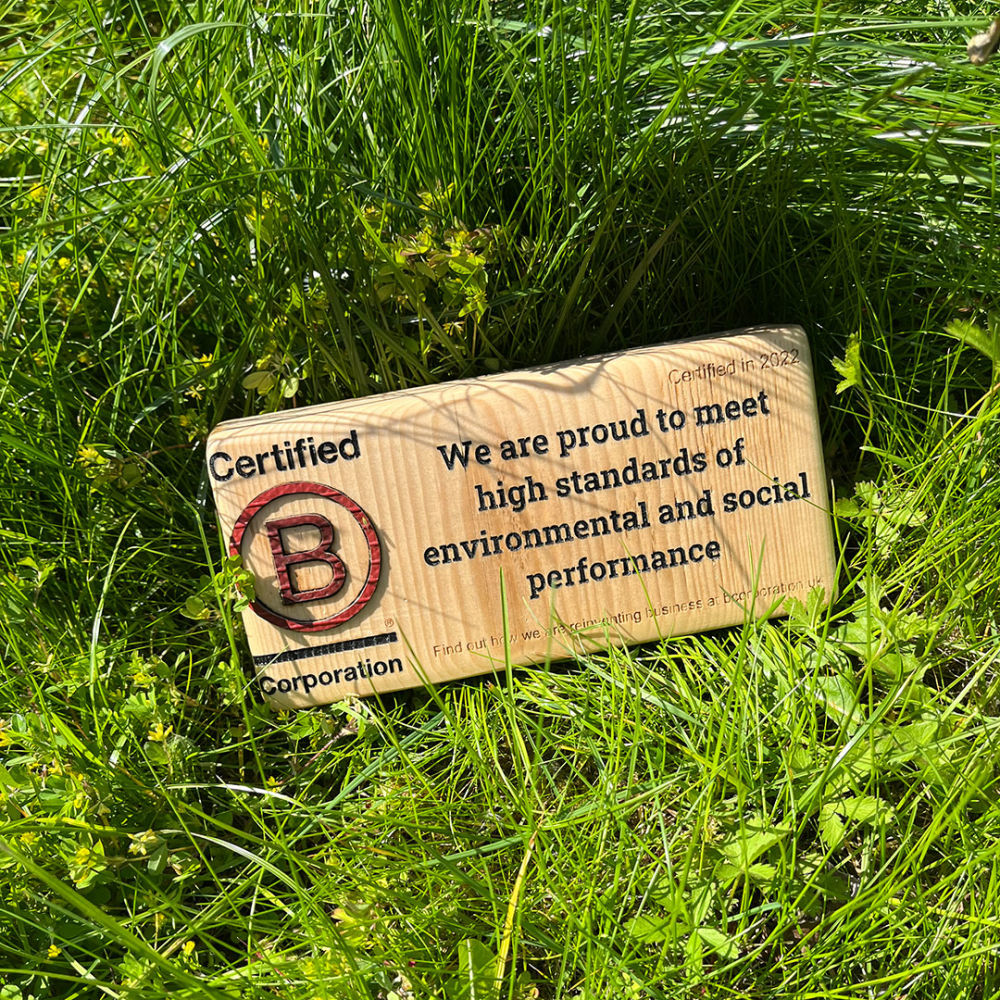

B Corp™ certified.
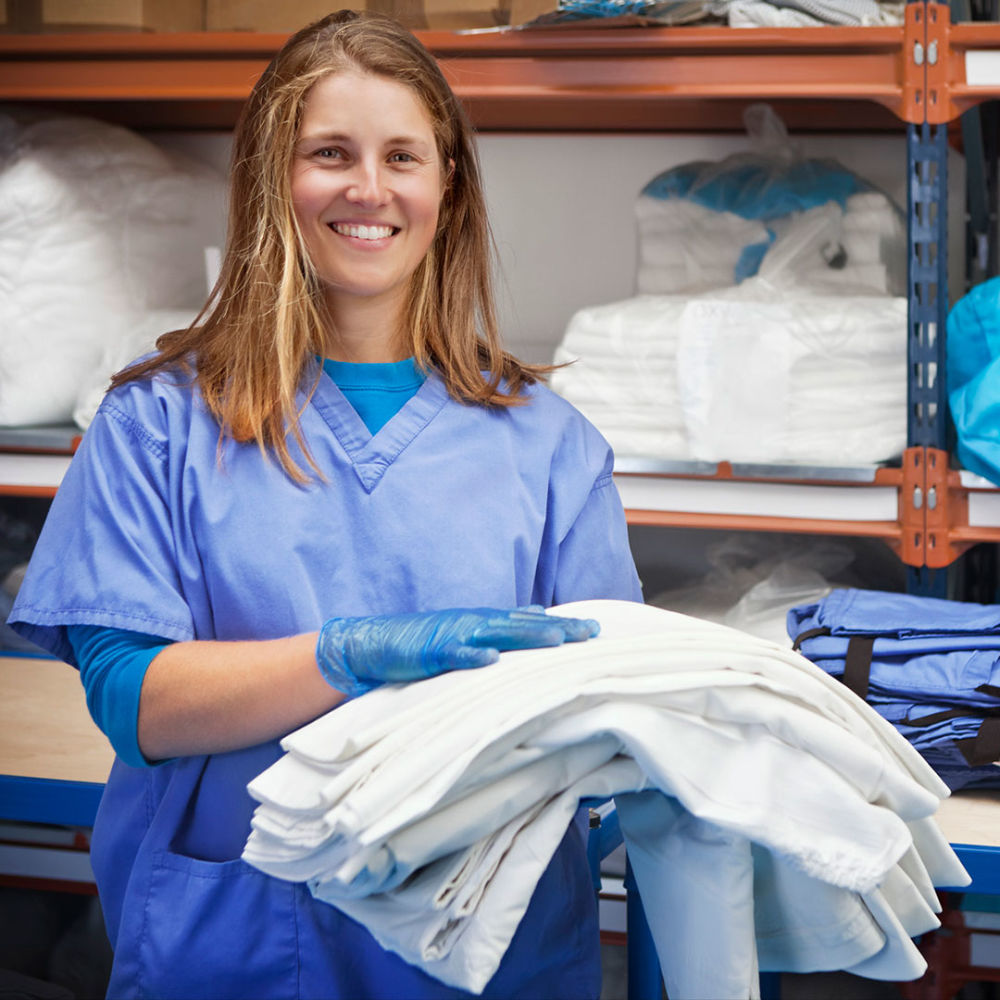

Surpassing NHS-grade disinfection.
